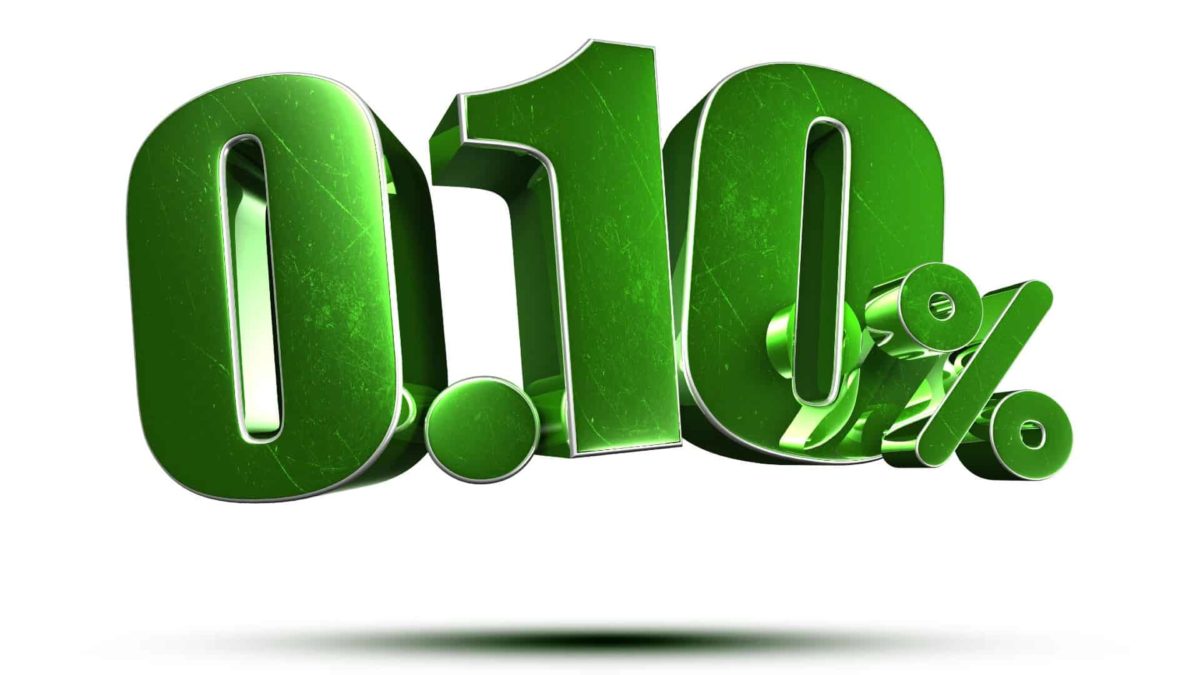The Australia dollar fell after the Reserve Bank of Australia (RBA) gave its strongest hint yet that record low interest rates will stay till 2024 or beyond.
The Aussie dropped from US77.62 cents to US77.38 cents on RBA's rate announcement this afternoon. It recovered some lost ground and is trading at US77.50 cents at the time of writing.
No one would be caught off-guard by the central bank's decision to leave rates and its bond buying program unchanged. But what caught the market's attention was its prediction that wages won't be moving much higher until 2024 at the earliest.
RBA pours cold water on inflation fears
This effectively signals that the RBA could be happy to hold the cash rate at 0.1% until then. This is because our central bankers won't have to worry about inflation until then.
That will be good news for ASX investors. Global equity markets are on edge due to worries about rising prices.
The surge in commodity prices and ongoing supply chain disruptions have caused prices of many goods, including food, to jump.
Why inflation could be the biggest threat to the ASX bull market
Central bankers around the world, including the US Federal Reserve, have repeated reassurances that rates will stay at an all-time low for the next few years. This is even after the latest quarterly inflation reading shot past the targeted band of 2% to 3%.
It's only fitting that the RBA addressed the elephant in the room. If interest rates rise sooner than expected, as some believe, the S&P/ASX 200 Index (Index:^AXJO) could crash.
The market has not priced in a quicker than expected rise in rates, which lower share valuations.
Why the RBA won't lift interest rates till 2024 or later
While the RBA acknowledged that inflation is likely to overshoot in the near-term but it was unperturbed.
"Despite the strong recovery in the economy and jobs, inflation and wage pressures are subdued," said RBA Governor Philip Lowe.
"While a pick-up in inflation and wages growth is expected, it is likely to be only gradual and modest. In the central scenario, inflation in underlying terms is expected to be 1½ per cent in 2021 and 2 per cent in mid 2023."
Are inflationary pressures transitory?
The RBA's confidence that the inflation genie hasn't escaped from its bottle is due to wages growth. For inflation to be "sticky", wages need to rise meaningfully.
Not even a faster than expected recovery for jobs and the Australian economy is enough to worry our central bankers. The RBA expects our economy to expand by an impressive 4.75% this year and 3.5% in 2022.
"Job vacancies are at a high level and a further decline in the unemployment rate to around 5 per cent is expected by the end of this year," added Dr Lowe.
"There are reports of labour shortages in some parts of the economy."
One area of concern for the RBA in its interest rate call
But this isn't to say that the RBA is relaxed about everything. The hot housing market is giving our monetary gurus some pause.
It admitted that it was keeping a close eye on trends in housing borrowing and stressed the importance that high lending standards are maintained.
Also important to note, the RBA doesn't share the same concern about ASX shares even as our market breaks new record highs.
Party on, fellow Fools!









